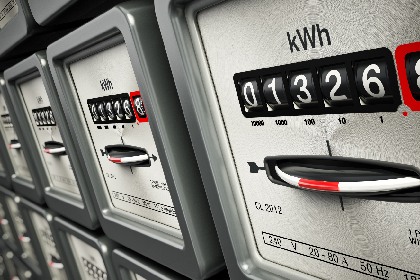While Germany’s new industrial electricity price proposal aims to strengthen the competitiveness of energy-intensive sectors, the German Steel Federation (WV Stahl) has warned that the measure effectively bypasses the steel industry. Under current EU state aid rules within the Clean Industrial Deal State Aid Framework (CISAF), steelmakers cannot access the intended relief, even as electricity costs reach levels the federation describes as a threat to the industry’s survival. The steel sector is calling for an urgent revision of CISAF to prevent further erosion of competitiveness and to ensure progress toward climate neutrality.

CISAF restrictions leave steelmakers without relief
The agreement of a German government committee on an industrial electricity price of five cents per kilowatt-hour for the next three years was welcomed as an important political step. However, WV Stahl emphasized that the CISAF rules significantly limit eligibility for such support. As a result, steel producers, operating in one of the most energy-intensive sectors, receive no additional relief.
Kerstin Maria Rippel, the federation’s managing director, said the government’s intention to restore competitive power prices is clear, but the CISAF framework prevents meaningful assistance for the steel sector. She noted that many medium-sized electric arc furnace (EAF) producers already operate with comparatively low carbon emissions, yet they are disproportionately burdened by current electricity prices. Rippel warned that these conditions hinder both economic stability and the transformation toward climate-neutral steel production.
Why the industrial power price is not effective for steel
According to the federation, the industrial electricity price will only be effective if key CISAF restrictions are removed. The current framework limits relief to a portion of electricity consumption and excludes companies already receiving other forms of support, resulting in fragmented assistance. The federation argues that for competitiveness to be restored, industrial electricity pricing must apply to total consumption, and should be fully compatible with carbon electricity price compensation.
Rippel stressed that an internationally competitive electricity price for heavy industry must fall between €30 and €60 per megawatt-hour, including all taxes, levies and grid charges. Anything above this range, she said, will undermine investment decisions and threaten the viability of steel production in Germany.
As long as CISAF remains unchanged, electricity price compensation (EPC) will play an essential role. The German government has expressed support for extending EPC beyond 2030 and for raising the state aid ceiling. The federation welcomed this commitment but said that the EU Commission must now act decisively to ensure relief is deepened and delivered without delay.
Grid fees continue to drive up costs
A major cost driver for steel producers has been the surge in transmission network charges. These fees have increased 130 percent in two years, adding €300 million annually to the industry’s expenses since the previous subsidy ended in 2023.
The Bundestag’s decision to reinstate a subsidy for network charges worth €6.5 billion was welcomed by the federation as both necessary and overdue. Rippel said the measure is vital not only for steel companies but also for businesses and households across Germany facing higher electricity costs.
Long-term energy certainty still lacking
Grid expansion will continue to push costs higher. Therefore, the federation argues that a permanent cap on grid fees is essential. It further insists that subsidies for network charges must be legally secured for the coming years to prevent sudden cost escalations similar to those experienced since 2023.